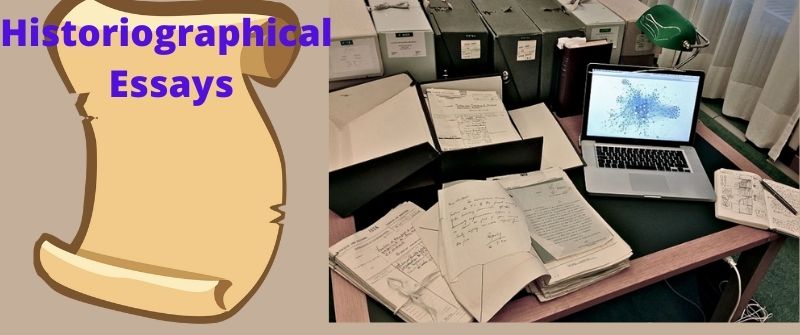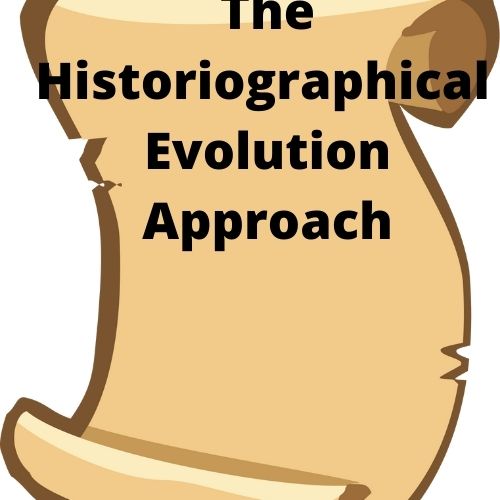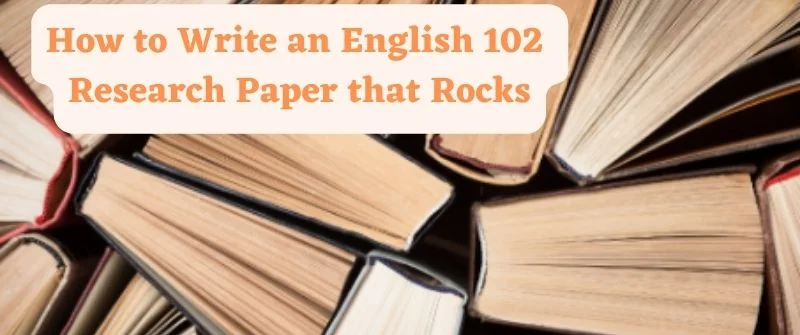How to Write a Historiographical Essay or Paper: 4 Top Ways

Historiography is the study of written histories and how that history was written. Historiography is crucial in understanding the reason why historical events have been interpreted differently over time.
Not only do we examine history through historiography but also understand the characteristics that determined the recording of history.
What is a Historiographical Essay?
A historiographical essay is an essay that analyses how several authors treat one historical issue or topic. The arguments of different historians are compared in opposition to each other.
Historiographical essays are always problem-centered. Good historiographical essays discuss the reasons why the arguments of different authors are different.
These essays also examine secondary sources written by historians critically. The historians’ bias is displayed, and the changes in several topics over the years are displayed. Historiographical essays are flexible and discuss books and articles. The essays are also based on broad topics and less focused themes.
Need Help with your Homework or Essays?
How to Write a Historiographical Essay?
The purpose of a historiographical essay is to use multiple sources to view a historical event or historical issue using a lot of perspectives. To do this, you will have to have a mastery of the sources, the historical event, and the historical issue.

Historiographical essays help in developing critical reading skills.
They develop as you seek to answer why sources disagree.
What the disagreement from the sources tells you about the historical issue or event and the nature of the story also helps develop critical reading skills.
There is no specific formula used to write historiographical essays.
Historiographical essays should have an introduction, body, and conclusion just like argumentative or descriptive essays.
The introduction should preview the content of the essay and define the subject. The body should present your arguments in several paragraphs. The conclusion should summarize findings and give the reader a significant thought to carry away.
Separate book reviews strung together is the perfect analogy of how a historiographical essay should look. A good historiographical essay should show how discussed materials relate to each other.
It should not be just an evaluation of each material on its own. Comments on the sources used in each book, the author’s style, and the book’s organization should be used in general arguments that link the books together.
The best approach to use in historiography essays depends on the nature of issues that have been discussed in your readings and the readings themselves. These approaches include:
1. Using the ‘Rival Schools’ Approach
Different readings approach subjects differently. The major problem interpretations should be presented as examples of competing historiographical approaches.
The chronological order of how events appear is less important because you suggest that different interpretations have co-existed over time. Emphasis is laid on explaining the logic of every point, including its strength and weaknesses.
2. Using Historiographical Evolution Approach
When comparing a series of multiple secondary works that show a clear change of viewpoints over time and are closely related, this approach works best. The essay begins with an important journal, article, or book that laid the foundation of a particular historical topic.

The essay then looks at new publications that challenged the original theses and perhaps substitute a piece of new general information that was in its turn revised.
In historiographical essays, new publications are always treated as a response to the earlier ones.
It is your job as a writer or student to analyze and show how the conversation between historians on a certain topic proceeded and the ending point that was finally reached.
Each publication should be discussed in its turn in chronological order.
3. Use of the Different Aspects of the Problem Approach
A historiographical essay sometimes is constructed by treating the different works you read as different perspectives that add up to a larger whole and not as attempts that compete to explain a single central problem.
The essay will be more appropriate if different primary sources are examined and compared. Information that one can extract from these primary sources should be talked about, specifying whether the sources complement or undermine each other.
In cases where limited studies are available, you should look at the similarities and differences in each source. The general picture can now be constructed from the similarities and differences.
4. Applying the Thematic Approach
When using the above approaches, essays are organized in sections, each discussing each book. The sections are held by an introduction, which entails the essay, and a conclusion that summarizes how the books are related.
However, a thematic approach is different. It starts by defining themes that are present in all the books you have read. Each of the themes is then discussed differently. Each author’s argument on the themes is compared to the arguments of other authors.
How to Use Historiography on a Paper
Using historiography in an essay can be challenging. All you need is a little practice to know and get used to it.
Always ensure that the historiography you want to use in the essay is relevant to the topic. There is no need to use historiography if it adds no meaning to your essay.

When you point out that a certain historian said something and you don’t follow it up with analysis, you won’t get any marks for it.
If you choose to use historiography in your essay, you must show the debate among historians on that particular topic.
The first few statements should introduce what you want to say.
The sentences that follow can oppose the argument mentioned.
The sentences that follow can show the use of that argument to develop another argument.
You must show that you understand the subject well by analyzing and rejecting the introduced view.
Good knowledge from historians’ views can help you not find the use of historiography in essays complicated.
You can modify the views of different historians to fit different essay topics.
You don’t need historiography in your essay if there is very little debate on what happened.
Historiography should not take a lot of writing in your essay because examiners are interested more in the judgment and not supporting and opposing arguments.
Get an A+ Historiography Essay done!
Let our essay writing experts help you get that A in your next essay. Place your order today, and you will enjoy the benefits.
12 Examples of Topics for a Historiography Essay
- A challenge to the conventional Western is the interpretation of the non-Western world. Is this an adequate description of the impact of Said’s work on historical scholarship?
- Drawing on the resources of advanced options and special subjects, discuss whether or not there is still ‘a Thompsonian legacy’ in historical studies.
- Discuss the advantages and disadvantages of micro-history
- What does Weber understand by rational capitalism and how does it differ from Marx’s ideas?
- The making of the English Working Class has become the single most influential work of English history of the post-war period. Why?
- Can Walter Benjamin’s understanding of history be described as Marxist?
- Simplicity supplies the key to the secret of the unchangeableness of Asiatic societies. How typical was Marx’s historiography in India?
- Since the early nineteenth century, historians have been engaged in a counting debate with the heritage of the Enlightenment. Discuss?
- Postcolonialism forces us to re-evaluate the whole history of Britain in modern times. Discuss.
- Describe Iggers’ and Wang’s ‘history of Leopold von Ranke in the world’. Account for any deficiencies in their argument.
- What did Karl Marx mean when he asserted that ‘the social revolution of the nineteenth century can only create its poetry from the future, not from the past?
- How was The Eighteenth Brumaire revisited on its 150th birthday?

Josh Jasen or JJ as we fondly call him, is a senior academic editor at Grade Bees in charge of the writing department. When not managing complex essays and academic writing tasks, Josh is busy advising students on how to pass assignments. In his spare time, he loves playing football or walking with his dog around the park.




